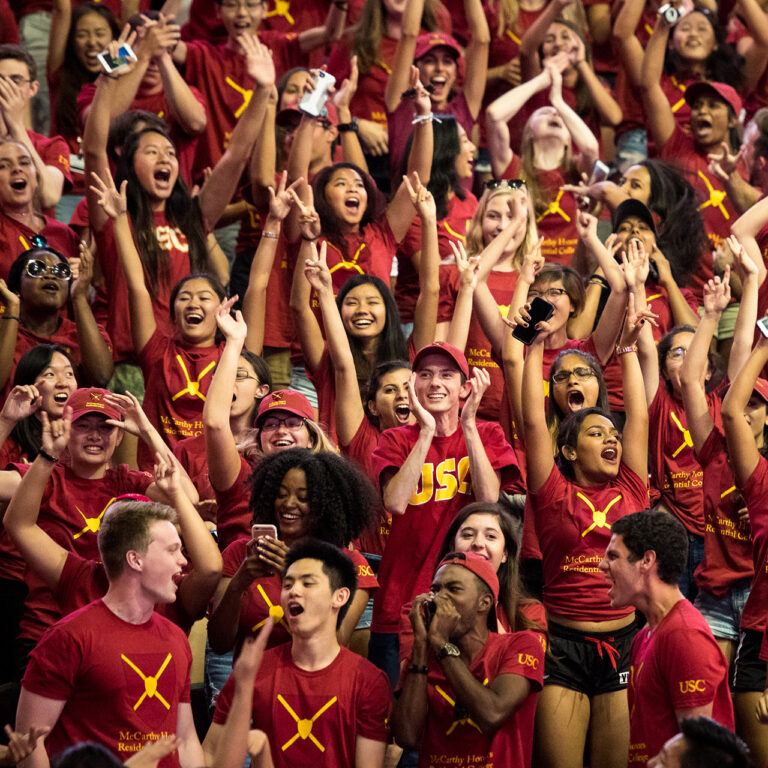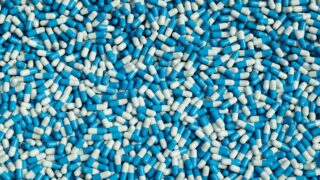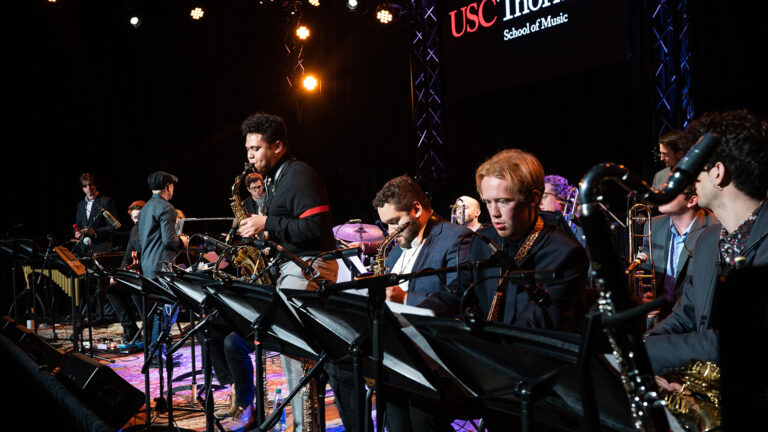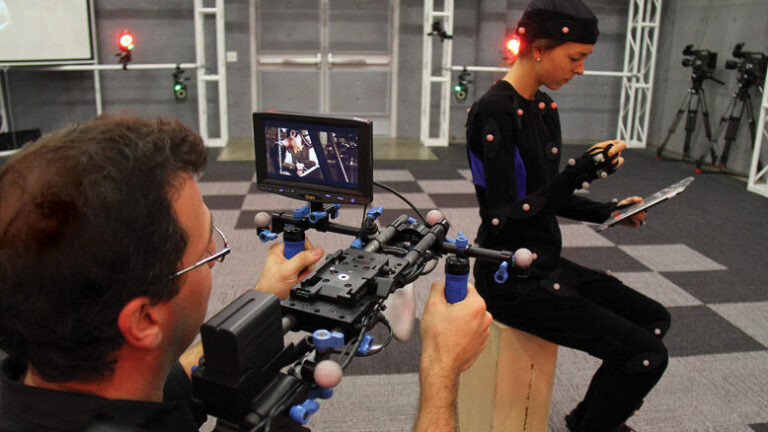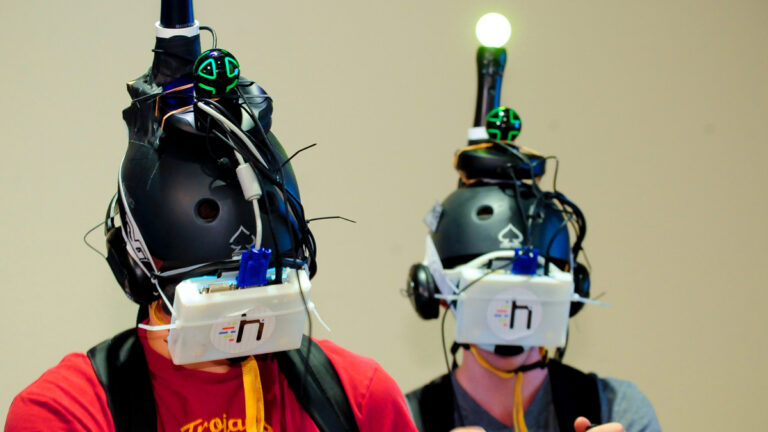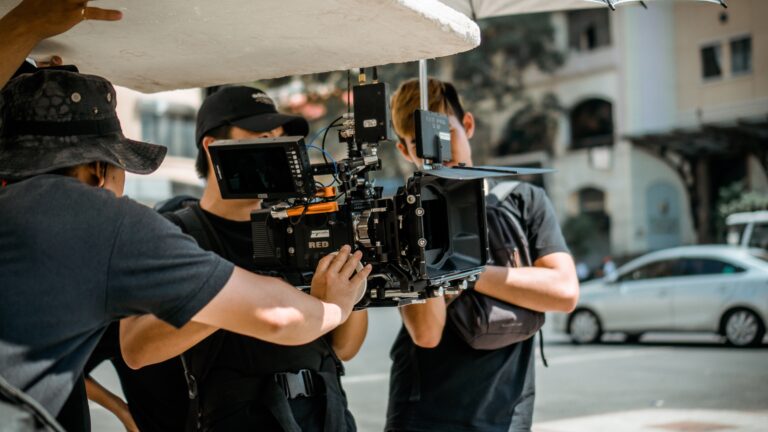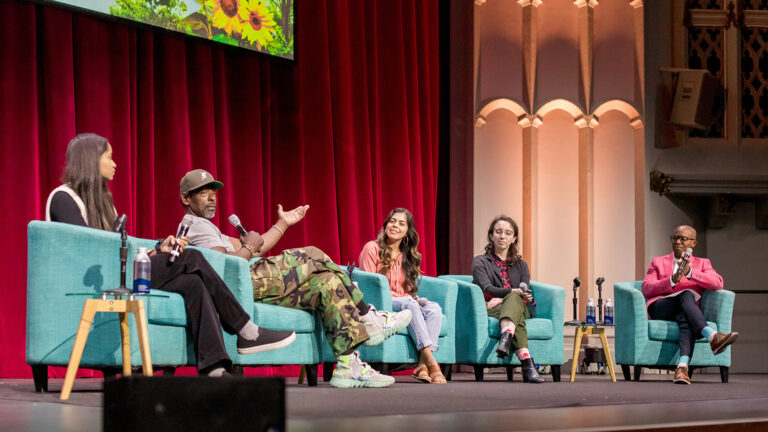Our Impact
There is no more powerful mission than truly creating change. The USC community — faculty, students and staff — work side by side with partners in Los Angeles to solve immediate problems, creating a constellation of people and networks collaborating toward the public good. Worldwide, our efforts address global health inequities, develop leadership and research in key cultural areas, train diplomats from myriad countries and more.
Inventing Solutions
Exploring Medical Frontiers
Creating New Knowledge
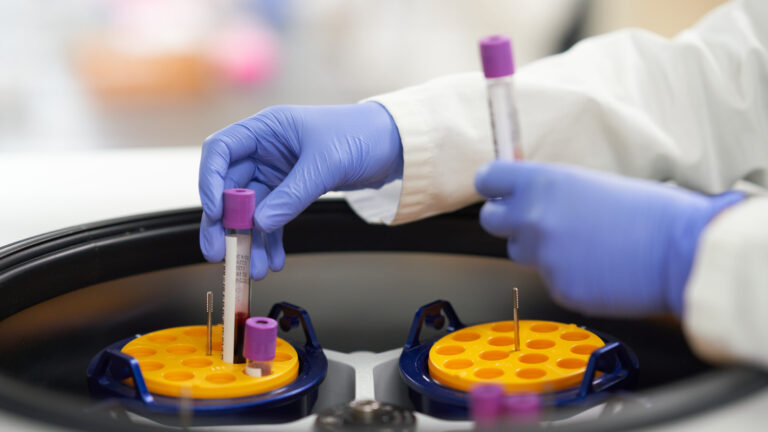
Discovery, Creativity, Impact
USC is a premier research institution that provides a steady stream of new knowledge, art and technology. It has more than $1 billion in annual research expenditures, with the largest graduate program in science, engineering and health of all private research universities.
Research Highlights
From unexpected climate solutions to unearthing truths about today’s information ecosystem and more, USC researchers roll up their sleeves for the problems of today.
What would it take to make breakfast on the moon?
A USC Viterbi-hosted panel looks at practical issues: the infrastructure, partnerships and policies we’d need to make life sustainable in space.
Five warning signs of diabetes: What to watch for, and when to see your doctor
Diabetes affects more than 1 in 10 Americans — and many of them don’t know they have it.
How artificial intelligence can help new CEOs drive innovation
New USC research shows AI can be a strategic catalyst for innovation and creativity, especially during leadership transition.
Among youth who vape, USC study finds rise in daily use and difficulty quitting
Daily nicotine vaping nearly doubled between 2020 and 2024 among middle and high school students who vaped.
What if AI could learn like a human apprentice?
For a federal defense project, USC researchers built an AI system that observes experts at work and shares their know-how with others when needed.
Provider misperceptions, not knowledge or profit, drive inappropriate antibiotic prescribing in India
Overuse of antibiotics can lead to drug-resistant bacteria, “a problem for the whole world, not just India,” study finds.
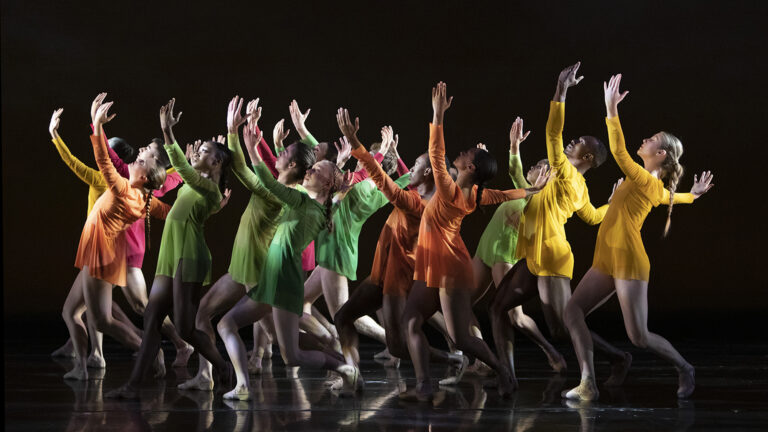
Creative Expression
Los Angeles is considered the “Creative Capital of the World.” With six major arts schools, USC is one of the city’s driving forces for new ideas and emerging talent, playing a prominent role in the film, television, music, architecture and arts industries.
Faculty Spotlight
USC’s award-winning scholars and researchers look beyond the ordinary to bring new, much-needed insights and developments to a rapidly changing world with complex needs. Within the health and medical fields, this has translated to a wide range of breakthroughs and discoveries that affect every aspect of our daily lives.
An influential force at USC, Ellis Meng explores the intersection between technology and medicine. Meng directs the Biomedical Microsystems Laboratory, which specializes in advancing medicine using microsystems technologies. She is associate professor of biomedical and electrical engineering and chair of USC’s Women in Science and Engineering program.
Working in genetics since 1995, Marlena Fejzo’s research focuses on conditions and diseases that primarily affect women, including ovarian cancer, breast cancer and multiple sclerosis. Fejzo discovered the first genes associated with uterine fibroids, nausea and vomiting during pregnancy known as hyperemesis gravidarum. She is a science advisor and board member for the global nonprofit Hyperemesis Education and Research Foundation.
Paul Aisen is founding director of the Alzheimer’s Therapeutic Research Institute and professor of neurology. A distinguished Alzheimer’s researcher for over two decades, Aisen pioneers novel methodologies and extensive therapeutic trials to advance understanding of the continuum of Alzheimer’s disease, from the long pre-symptomatic phase through cognitive and functional decline.
